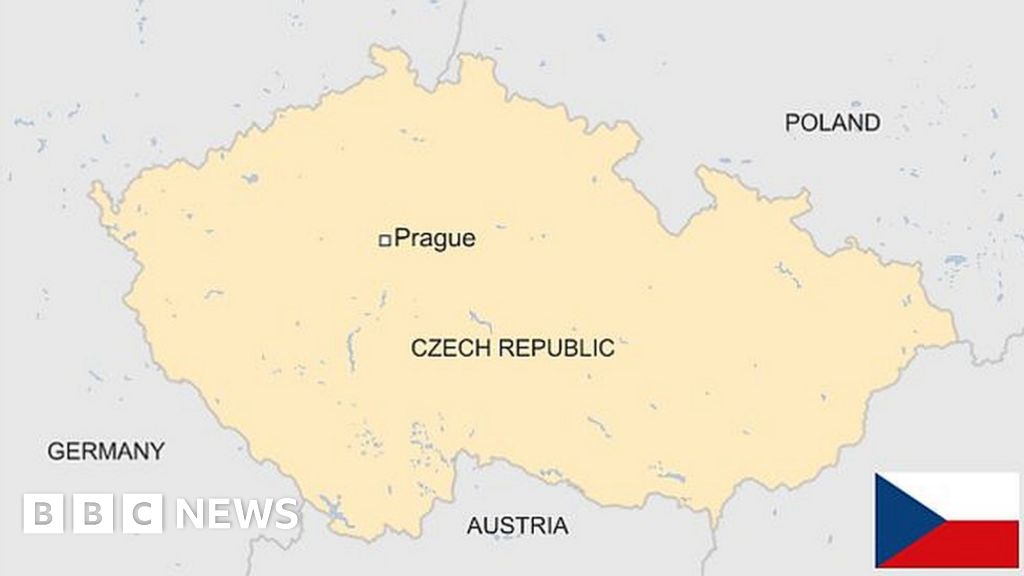Some key dates in Czech history:
9th Century – Duchy of Bohemia emerges.
1198 – Kingdom of Bohemia firmly established by King Ottokar.
1212 – Holy Roman Empire recognises hereditary kingship of long-ruling Premyslid dynasty.
12th Century – German immigration to borderlands of Bohemia begins.
14th Century – Long reign of Charles IV of House of Luxembourg dubbed Golden Age, and sees foundation of Charles University and expansion of Kingdom into Silesia.
1415 – Religious and social reformer Jan Hus burnt in Constance as heretic, but his followers go on to eclipse Catholicism in Bohemia for the following two centuries.
1419-1434 – Hussite Wars see defeat of five crusades by the Holy Roman Empire.
1526 – House of Habsburg begins process of taking over Bohemia
1618 – Defenestration of Prague. Catholic regents are thrown out of a third-floor window of Prague Castle, leading to the ousting of the Habsburgs and the start of the Thirty Years War in Europe.
1620 – Battle of White Mountain returns Habsburg rule and begins the Catholic Counter-Reformation in the Czech lands.
18th Century – Habsburgs centralise government in Vienna, reducing powers of vestigial Kingdom of Bohemia.
1742 – Prussia seizes most of Silesia in the War of the Austrian Succession.
1804 – Fall of the Holy Roman Empire. Kingdom of Bohemia became part of the Austrian Empire
1848 – Defeat of revolution and return of absolute monarchy.
1867 – Austro-Hungarian Dual Monarchy created. Later Czech proposals for a Tripartite Monarchy go nowhere, and the Kingdom of Bohemia remains part of Austrian territory until the end of World War One.
1918 – Republic of Czechoslovakia proclaimed. Tomas Masaryk elected president.
1935 – Masaryk succeeded as president by Edvard Benes.
1938 – Munich Crisis. Nazi Germany demands the annexation of the Sudetenland, due to its predominantly German population. France and the UK are unwilling to risk war and force Czechoslovakia to accept the loss of these border territories.
1939 – Nazi invasion of western Czechslovakia – Bohemia and Moravia – which become a German protectorate. Slovakia becomes an independent state under profascist leader Jozef Tiso.
1940 – Benes establishes government in exile in London.
1945 – Soviet troops enter Prague. Benes returns and issues decrees which lay the foundation for the expulsion of over two and a half million Sudeten Germans and more than half a million ethnic Hungarians.
1946 – Czechoslovak Communist Party (CPCz) leader Klement Gottwald becomes prime minister in power-sharing government following national elections.
1968 – Prague Spring, a period of liberalisation under reform-minded leader Alexandr Dubcek is crushed when Soviet-led Warsaw Pact troops invade.
1969 – Gustav Husak replaces Dubcek as Communist Party leader.
1975 – Husak becomes president.
1977 – A group of dissidents including playwright Vaclav Havel publish Charter 77 calling for restoration of civil and political rights.
1989 – Massive protests on the streets of Prague force the resignation of the hard-line Communist Party leadership in what is dubbed “the velvet revolution.” Federal Assembly abolishes Communists’ constitutional hold on power. Vaclav Havel elected president.
1990 – Country renamed Czech and Slovak Federative Republic. First free elections since 1946.
1991 – Soviet forces complete withdrawal.
1993 – Czechoslovakia completes “velvet divorce” which results in two independent countries, the Czech Republic and Slovakia. Vaclav Havel elected president of the Czech Republic.
1996 – Vaclav Klaus reappointed as prime minister in a minority coalition government following the Czech Republic’s first general election since independence.
1998 – Havel re-elected president for a further five years.
1999 – Czech Republic becomes full member of Nato.
2004 – Czech Republic is one of 10 new nations to join the EU.
2016 – The government agrees to make Czechia the official short name of the republic in English.
2023 – Newly-elected President Pavel says there should be “almost no limits” to what countries should send to aid Ukraine to combat Russia’s invasion.
Source link : https://www.bbc.com/news/world-europe-17220018
Author :
Publish date : 2023-12-11 08:00:00
Copyright for syndicated content belongs to the linked Source.
